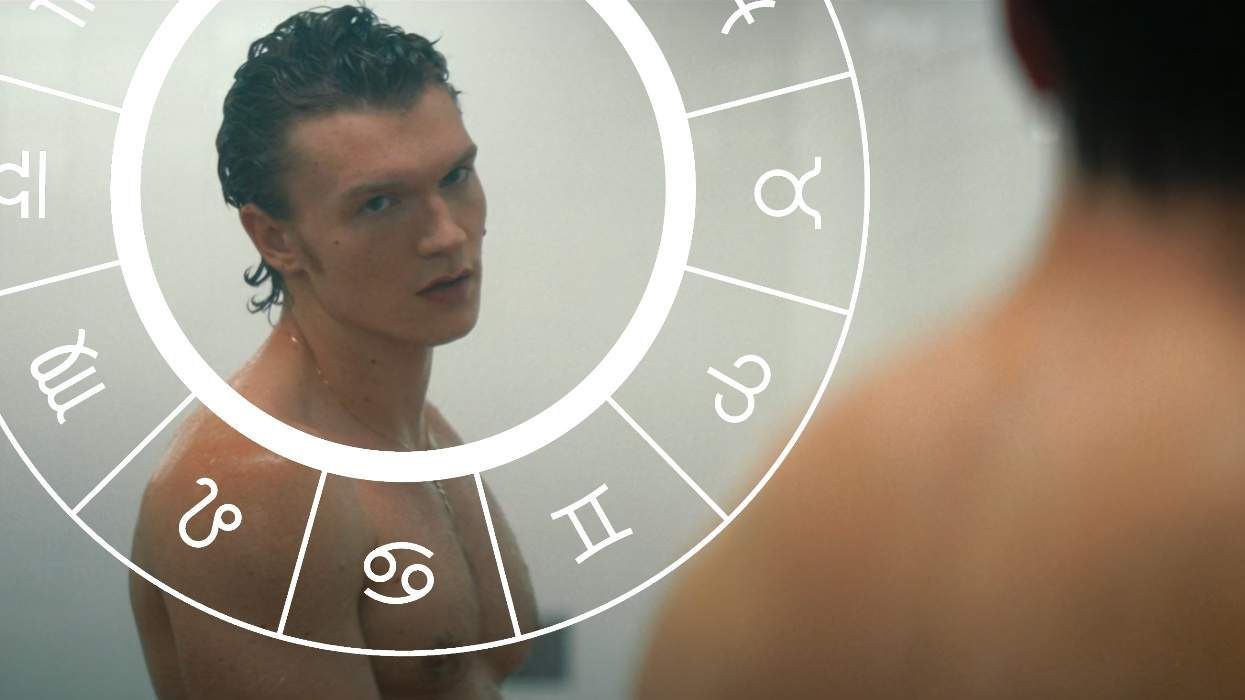Belgian director Chantal Akerman, who was known for her intimate depictions of women's lives died Monday in Paris by her own hand, according to Le Monde. She was 65 years old and suffered from depression, according to The New York Times.
Akerman was the daughter of Polish Holocaust survivors and an out lesbian, but she resisted showing her work in Jewish or LGBT festivals because she said she did not want people viewing her films with preconceptions, according to Curve magazine.
Her work touched upon lesbian themes, but she made a name for herself as an experimental filmmaker at age 25, when she came out with the masterpiece “Jeanne Dielman, 23 Quai du Commerce, 1080 Bruxelles” (1975).
The entrancing minimalist film is over three hours long and follows a widow as she performs everyday tasks and chores and then sleeps with a man who pays her for sex because it is assumed she needs money to support her son. The film has no score and few words and the experience of viewing it is aptly described by New York Times film critic Denis Lim as "a matter of recalibrating one’s biorhythms."
Nicola Mazzanti, the director of the Royal Belgian Film Archive told The New York Times he remembered asking Akerman how she edited “Hotel Monterey,” her 1972 silent film about a Lower Manhattan hotel.
“She said: ‘I was breathing, and then at one point I understood it was the time to cut. It was my breathing that decided the length of my shots,’ ” he said. “That’s Chantal Akerman. She breathed through the films. She was cinema.”
Akerman made over 40 films throughout her career and directors including Todd Haynes, Sally Potter and Michael Haneke credit her as a major influence, according to The New York Times.
“ ‘Jeanne Dielman’ is a film that created, overnight, a new way of making films, a new way of telling stories, a new way of telling time,” Mazzanti, told the paper. “There are filmmakers who are good, filmmakers who are great, filmmakers who are in film history. And then there are a few filmmakers who change film history.”
When Akerman made her 1974 film "Je Tu Il Elle," which featured lesbian sex, she was breaking ground, as there were no lesbian sex scenes in mainstream filmmaking, according to Curve. "There were no scenes of raw female sexuality. The exposition of this by Akerman was new and different, feminist, and, for some, shocking," wrote Victoria Brownworth in the magazine.
In her Curve obituary, Brownworth describes interviewing Akerman for her book "Film Fatales: Independent Women Directors":
Akerman’s voice then was soft, vulnerable, her English heavily accented. She was, in a word, captivating. And somehow quite different from her films. Where the films are often filled with a calculated restraint, Akerman herself was intensely animated, her hands moving, her cigarette punctuating her comments, her face incredibly mobile, her words repeatedly accented with puffs of air or a dramatic eye roll.
Akerman joined City College in New York as a visiting lecturer in 2011 but was not teaching this semester, according to The New York Times.
"It’s almost impossible to imagine that woman, that vibrant, barely contained force, not just gone, but gone at her own hand," Brownworth writes, "That is the power depression has over even the fullest of lives. And the many layers of female despair and elation and their counterpoints were always themes in her work."























































































 Cindy Ord/Getty Images
Cindy Ord/Getty Images

























